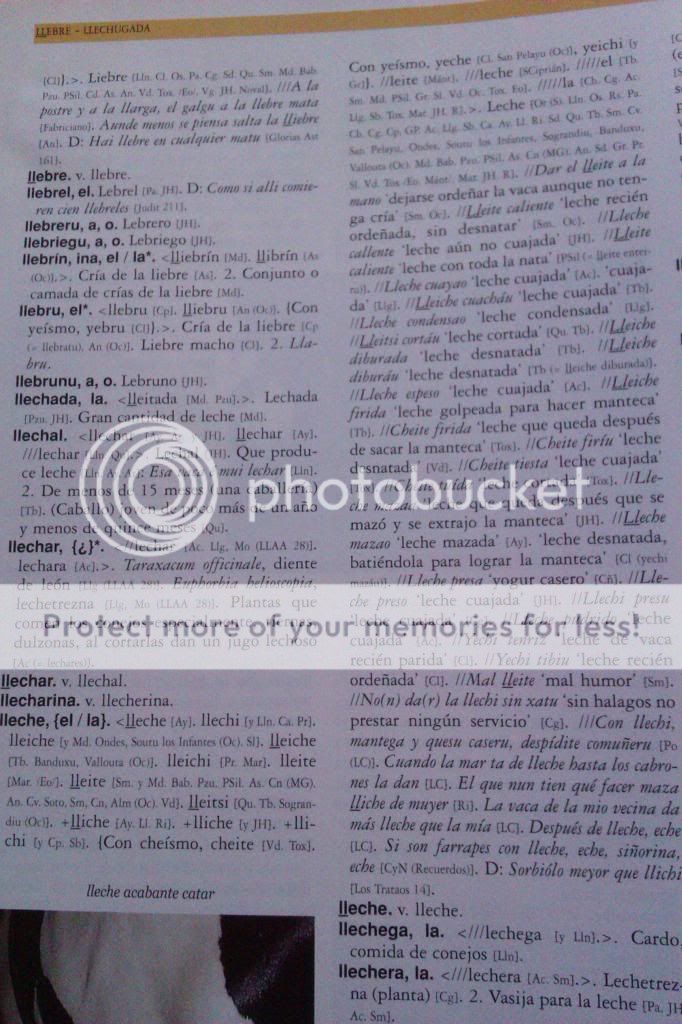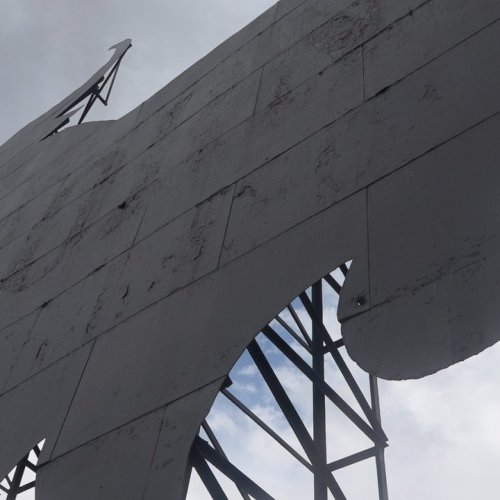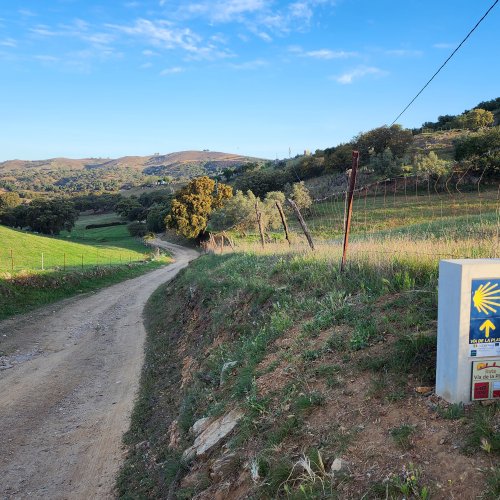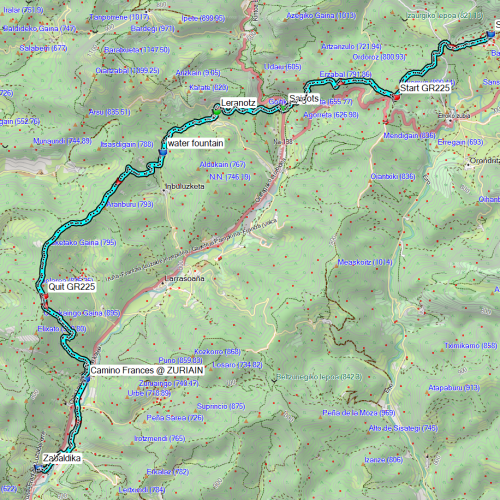- Time of past OR future Camino
- 2019
In our pilgrim world, the Camino Primitivo is famous for its beauty, rurality and .... hardness. Nevertheless, only a few people (even Spaniarda) know about its great local language diversity. From Oviedo to Puerto del Palo, first we have the western variant of the Asturian language (WA), with around 10% speakers. Then from Puerto del Palo to the Galician border a language very close to Galician, called Gallego - Asturiano (GA) (40% speakers). And finally, from the Ast-Gal border to Santiago we have the Galician language (70% speakers).
To give an example of this language diversity, I have chosen the expresion "the milk" (Spanish "la leche"). Wheareas this word in Spanish is feminine, in all the Primitivo the different forms are masculine. In first sector (WA), the word is "el cheite". I met two speakers in Borres and Alto de la Lavodoira who still say it. In second sector (GA), there are two forms: "el lleite" (Berducedo*) and "el leite" (Grandas). And finally in Galicia, we have "o leite", identical to Portuguese.
As a summary, in the Camino Primitivo it is posible to hear "la leche" in 5 different ways in a gap of only 120 kms. But unfortunatelly this situation won't last in Asturias more tan two generations (in my opinion).
(*) To tell the whole thing, In Berducedo the original form "el lleite" now is lost, instead of it they say "el leche", same as in Spanish but masculine!!??. In San Emiliano 12 kms far, el "lleite" still survives.
To give an example of this language diversity, I have chosen the expresion "the milk" (Spanish "la leche"). Wheareas this word in Spanish is feminine, in all the Primitivo the different forms are masculine. In first sector (WA), the word is "el cheite". I met two speakers in Borres and Alto de la Lavodoira who still say it. In second sector (GA), there are two forms: "el lleite" (Berducedo*) and "el leite" (Grandas). And finally in Galicia, we have "o leite", identical to Portuguese.
As a summary, in the Camino Primitivo it is posible to hear "la leche" in 5 different ways in a gap of only 120 kms. But unfortunatelly this situation won't last in Asturias more tan two generations (in my opinion).
(*) To tell the whole thing, In Berducedo the original form "el lleite" now is lost, instead of it they say "el leche", same as in Spanish but masculine!!??. In San Emiliano 12 kms far, el "lleite" still survives.











